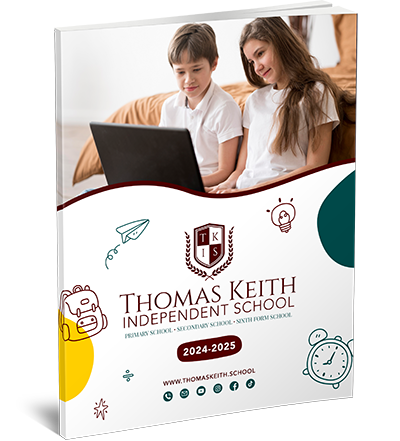Edexcel IGCSE Physics Advanced Information
Edexcel IGCSE Physics Advanced Information
The Edexcel IGCSE Physics course provides students with a strong foundation in the principles of physics, preparing them for further studies and practical applications. This article will outline the key components of the course, assessment structure, and its relevance, while using Thomas Keith Online Independent School as an example of a modern educational provider offering the course.
![]()
Overview of the Edexcel IGCSE Physics Course
The Edexcel IGCSE Physics syllabus covers fundamental topics such as forces, energy, waves, electricity, and magnetism. It aims to develop scientific knowledge, analytical skills, and the ability to apply concepts to real-world problems.
Key objectives include:
- Understanding physical principles and concepts.
- Developing practical investigation skills.
- Interpreting and analysing data accurately.
- Applying mathematical techniques in physics.
Key Topics in the Syllabus
The Edexcel IGCSE Physics syllabus is divided into core topics, ensuring comprehensive coverage of essential physics principles:
- Forces and Motion:
- Speed, velocity, and acceleration.
- Newton’s laws of motion.
- Forces, momentum, and moments.
- Energy Resources and Energy Transfer:
- Energy forms and conservation.
- Renewable and non-renewable energy resources.
- Energy efficiency and transfer methods.
- Waves:
- Properties of waves (frequency, wavelength, amplitude).
- Sound waves and the electromagnetic spectrum.
- Reflection, refraction, and diffraction.
- Electricity and Magnetism:
- Circuit components and their functions.
- Current, voltage, and resistance.
- Electromagnetism and its applications.
- Matter and Thermal Physics:
- States of matter and changes of state.
- Thermal expansion and heat transfer.
- Ideal gas laws.
- Astrophysics and Space Physics:
- Structure of the universe.
- Life cycle of stars.
- Orbital motion and gravity.
Assessment Structure
The assessment for Edexcel IGCSE Physics is straightforward, consisting of two exam papers. Both papers test theoretical understanding and practical application:
- Paper 1 (2 hours): Covers core topics.
- Paper 2 (1 hour 15 minutes): Includes additional content for extended students.
Students may need to:
- Interpret graphs and diagrams.
- Solve physics problems using equations.
- Explain concepts clearly and concisely.
Practical knowledge is tested through questions based on experiments, rather than requiring students to complete a separate practical exam.
Benefits of Studying Physics at IGCSE Level
Studying physics at the IGCSE level equips students with:
- Problem-solving skills.
- An understanding of how the physical world operates.
- Preparation for advanced courses such as A Levels or equivalent qualifications.
Example: Thomas Keith Online Independent School
Thomas Keith Online Independent School offers the Edexcel IGCSE Physics course through an innovative online platform. This approach allows students to:
- Access interactive learning materials, including video lessons and quizzes.
- Study at their own pace while receiving personalised support.
- Participate in virtual labs that replicate real-world experiments.
The school provides flexibility for students who prefer online learning without compromising academic excellence.
![]()
Conclusion
The Edexcel IGCSE Physics course is a well-rounded programme that prepares students for academic and practical success. Covering essential topics like forces, energy, and waves, it develops both theoretical understanding and real-world application skills. Institutions like Thomas Keith Online Independent School exemplify how modern education can deliver this course effectively through online learning.
Tag:Edexcel




